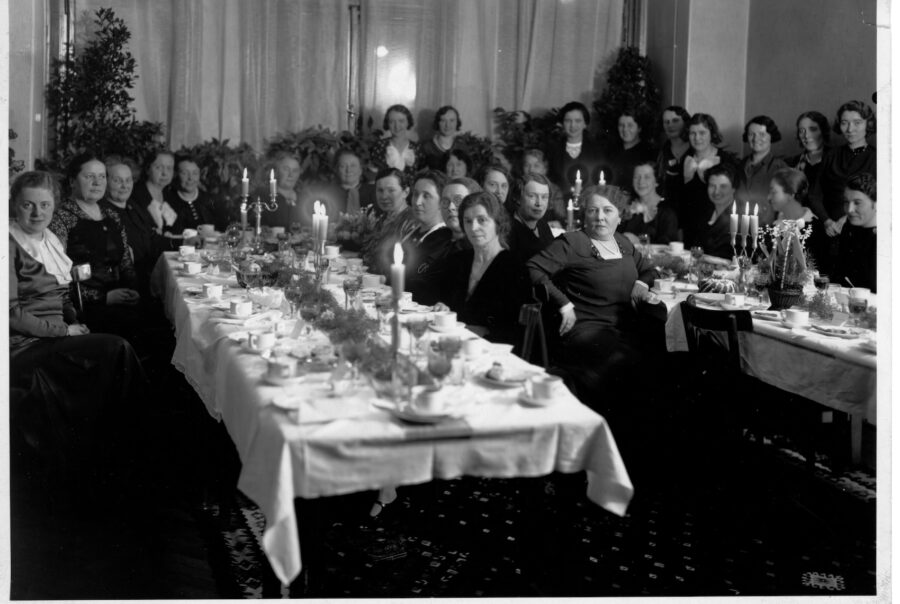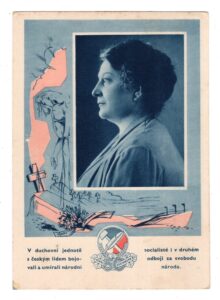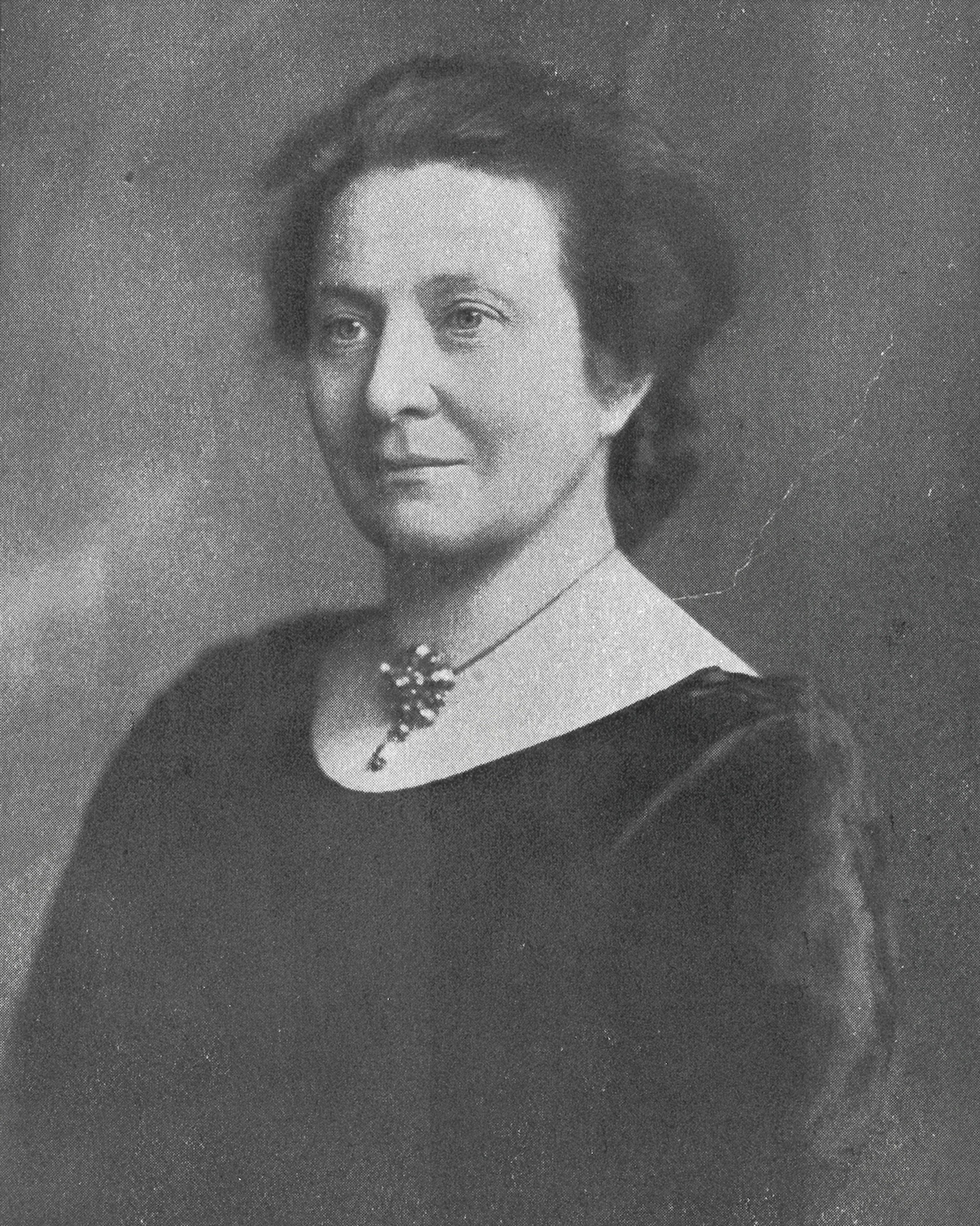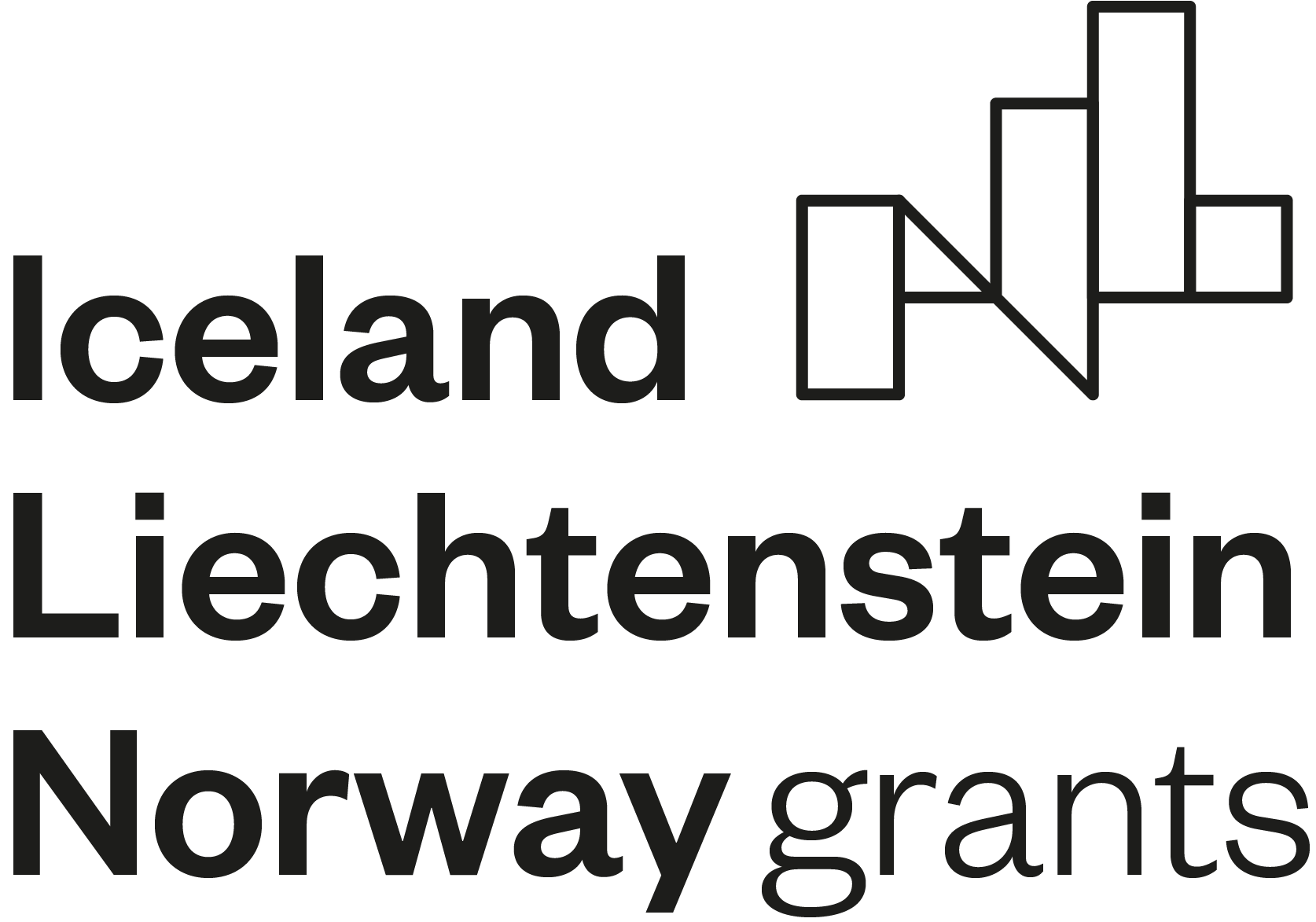In 2025, we are commemorating 150 years since the birth of Františka Plamínková, one of the leading Czech feminists and activists of its time. She was progressive, egalitarian, compassionate, and supportive in her ideas and determined, goal-oriented, truthful, and firm in her actions. Such women were needed in their time to win numerous rights and guarantees and to remove inequalities for those living today. Yet they could not complete the job. Nowadays, too, we need similar women (and people in general) viewing the world with a desire to help people and eliminate injustices. What would Františka Plamínková do today? What kind of injustice would be a thorn in her side? Whose rights would she advocate for?
Františka Plamínková was a leading journalist, politician, and feminist of the first half of the 20th century. She became instrumental in achieving women’s suffrage, abolishing female teachers’ celibacy, but also speaking up about labour market discrimination against women, ways of reconciling work with family life, and the social security and rights of working women and mothers.
Františka Plamínková was not only a leading women’s advocate but also a woman who consistently promoted the values of freedom, equality, and democracy without compromising even at critical moments. She wrote an open letter to Adolf Hitler, opposed the occupation of Czechoslovakia, and suffered imprisonment and later execution for her opinions.
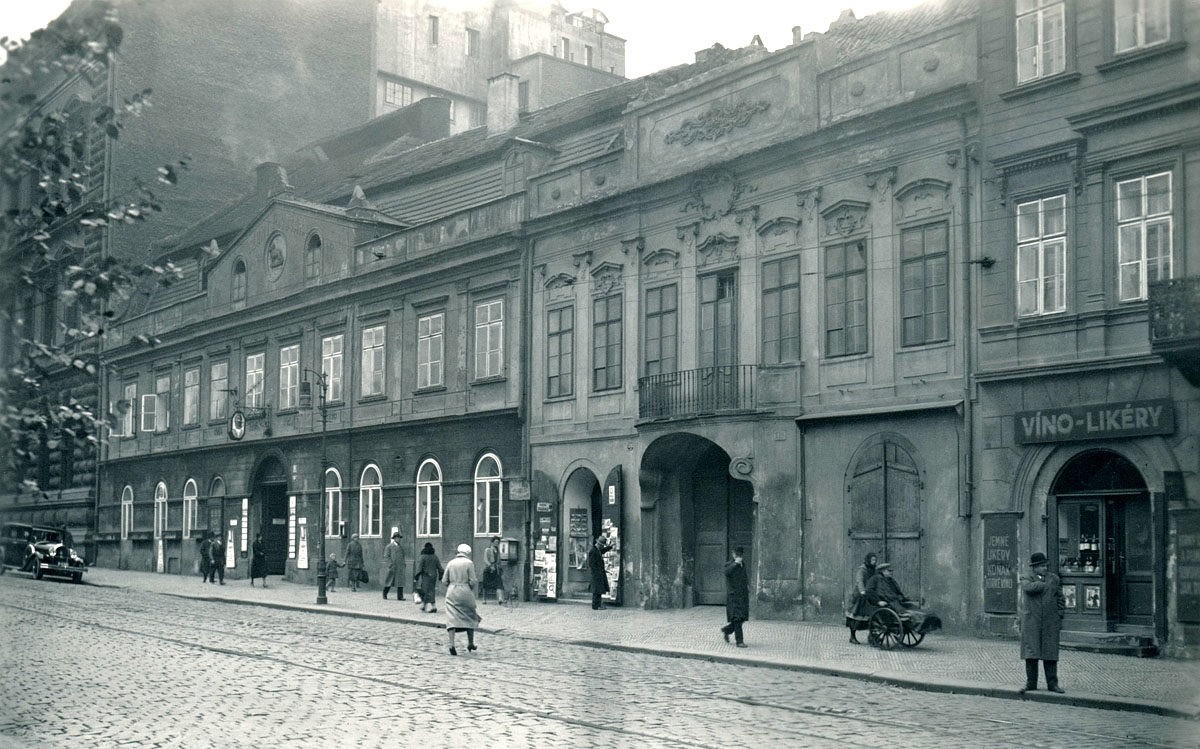
Birthplace of Františka Plamínková, Karlovo náměstí 292/14, Praha 2
The seven-storey functionalist building was constructed in 1932–1933. A restaurant and a diner were originally operated on the ground floor. It was preceded by the House at the Golden Lion (named for the relief work on the pediment) a.k.a. Černý pivovar (Black Brewery – named for its dark façade). The brewery dated back to the 14th century and was owned by the Náprstek family in the 1800s. The neighbouring House at the Three Swallows was the birthplace of Františka Plamínková. Both houses were later demolished, and the Italian insurance company Riunione Adriatica di Sicurtà constructed a new building for its employees. It was designed by Karel Kotas, who chose to keep the lion’s relief on the facade and a pub on the ground floor. The latter ceased to exist around the year 2000 and was replaced by retail outlets.
Františka Plamínková: feminist, political, social
“A modern women’s movement must at all times strive to achieve (…) such an arrangement of social relations that allows a woman to combine motherhood with her gainful employment if it is necessary or if this is what she wants” — Františka Plamínková in her Czech Women’s Club lecture, The Modern Woman, 1906.
“But all that interest in public life will remain fragile and will not improve in educational value until the woman holds a ballot in her hand” — Františka Plamínková in the article Za občanskou rovnoprávnost [For Civil Equality], 1911.
“Men have created the entire society: There is a men’s government system, a men’s educational system, a men’s system of family law, family organization, men’s organization of gainful employment; the woman has always, and everywhere, entered relations set by men, often as a disruptive element” — Františka Plamínková, 1920.
“If I were a boy, I would probably become an influential dignitary, one surrounded by a number of paid assistants, one who wouldn’t have to wear himself out on his own or with just a few like-minded fellows. And since I am a woman, I should have a weaker sense of justice so as I don’t have to intervene everywhere” — Františka Plamínková in a letter to Albína Honzáková, 1920.
“You know, girl, one must back up her own words, giving speeches is not enough. What is more important, when the dark times come, is no denying and no hiding. Remaining who we once were as free people…” — Františka Plamínková in a letter to her fellow prisoner, September 1939.
Františka Plamínková
(1875–1942)
democratic socialist politician, parliamentarian, journalist, teacher, feminist
Františka Plamínková was born on 5 February 1875 in the House at the Three Swallows, Karlovo náměstí, Prague, as the youngest of three daughters of Prague shoemaker František Plamínek and Františka née Krubnerová. After graduating from an official programme of teacher’s education in Prague, she taught in the towns of Tábor and Soběslav (1894–1895) and subsequently in Prague. In 1908, she got tenure at a middle school in the Prague district of Bubny. Following a demanding course of adult education, she became a specialty teacher in mathematics, physics, drawing, and penmanship.
As a member of the Czech Female Teachers’ Association, she advocated for the abolition of female teachers’ celibacy, which had been instituted in 1870 to prevent female teachers from getting married. The society of the time did not assume that a woman might reconcile the dual roles of having a family and employment. As breadwinning was assigned to men, women were not supposed to get money for the work they did – but female teachers got paid by local administrations.
In a traditional dance class for students, Františka Plamínková met the medic Vilém Feyer. Soon they started planning their future together. Over time, she was faced with a choice between starting a family and pursuing her teacher’s occupation. While she chose teaching, she continued fighting for the abolition of female teachers’ celibacy. She played an important role in the eventual success of the campaign in 1919. Plamínková continued teaching until 1924, when she became a full-time women’s advocate and politician.
Women’s participation in politics was another great topic of Františka Plamínková. She started participating in the women’s movement towards the end of the 19th century. She co-founded the Czech Women’s Club (1902, together with Charlotte Garrigue Masaryk). Its primary focus was on promoting women’s education and work and raising awareness. It hosted lectures by outstanding men and women of the time, including President Masaryk, Prime Minister Karel Kramář, writer Teréza Nováková, and physician Anna Honzáková. In 1906, Plamínková herself held an important lecture, The Modern Woman, which has been quoted to this day to illustrate her emancipation efforts. She met fellow club member Albína Honzáková, with whom remained close friends till her death. She also co-founded the Women’s Suffrage Committee (1905, together with Fráňa Zemínová) and participated in the international women’s movement.
In 1912, the Committee successfully campaigned for electing the first woman member of the Czech Diet, writer Božena Viková-Kunětická. Františka Plamínková and her great rhetorical talent were instrumental in the campaign, as she spoke at various assemblies and public events. Later, she chose to advance her ideas in the political arena by joining the democratic-socialist Czech National Socialist Party in 1918 and serving on Prague’s local government as full-time councillor for social and cultural affairs.
When universal suffrage was successfully enshrined in the Constitution of 1920, many were disappointed by the lack of sweeping changes. Equality appeared as a mere written proclamation in the face of entrenched social inequalities. For that reason, Františka Plamínková founded the Women’s National Council in 1923, a nonpartisan umbrella organization for women’s liberal associations with a mission to implement the newly constitutionalized political rights of women in practice. She served as its president until 1942 and she recruited Milada Horáková, then still a law student, with whom she became friends. In 1925, she got elected as the first female Senator of the National Assembly of the Czechoslovak Republic, and she defended her seat in the elections of 1929 and 1935. In the Senate, she consistently worked on reforming family law to abolish women’s subordinate status in the family and make both parents equal.
She also was an important leader of the international movement, serving as vice-president of a number of organizations, including the International Council of Women. In 1938, she became the first Czech woman to speak at the League of Nations in Geneva, where she proposed complete disarmament in the face of growing nationalism and pressure by Germany.
On 19 September, she wrote an open letter to Adolf Hitler in response to a speech in which he said that the German population of Sudetenland was being oppressed and that President Beneš’s claim that the German military was advancing towards the borders was a lie. After the dissolution of the National Assembly, she continued her service for the Women’s National Council and remained its president until its final shutdown in 1942. She worked hard to assist refugees and resistance members and to send intelligence abroad.
In 1939, she got a chance to stay abroad following her authorized participation in an Oslo conference of the International Federation of Business and Professional Women, but she chose to return to her homeland. In a letter to Protectorate President Emil Hácha, she rejected the banishing of women from public life: “… there are moments in the life of a nation when remaining silent means being gravely complicit.” She was arrested several times and subjected to disparaging attacks in collaborationist press. After the assassination of Reinhard Heydrich, she refused to denounce the act and was imprisoned, first in Prague and then in the Theresienstadt Ghetto, where she reunited with Milada Horáková. From there, she was transferred to Prague for execution, which took place on 30 June at the Kobylisy Firing Range.
Several plaques in her honour have been installed in Prague, including at the building of the Czech Senate (Valdštejnské náměstí) and at the building of the Ministry of Regional Development (Staroměstské náměstí 930/7), where she lived in 1914–1939. Her name is inscribed in the Monument to the Anti-Fascist Resistance at the former Kobylisy Firing Range.


